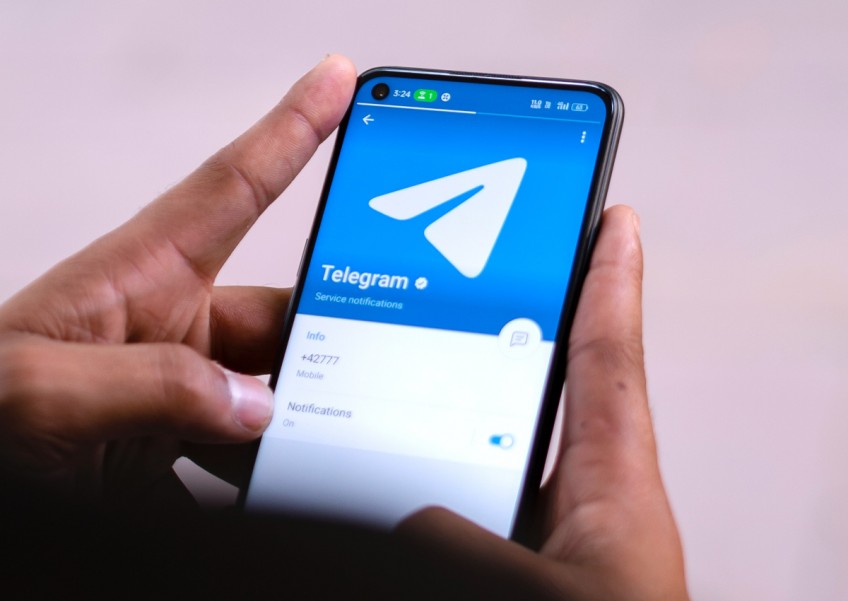Violent videos, including decapitation, sent to members of mental health Telegram channel


SINGAPORE — When she first received violent images on the Telegram messaging app from a stranger, Zhou Xiu Qi immediately deleted them and blocked the sender.
But the images continued, this time from five other senders.
"There were videos of people cutting off someone's arm and head," said the 25-year-old art teacher. "At first, I was freaking out, I thought someone was coming after me."
She then noticed several of the senders were using profile photos and similar usernames as the founders of a mental health Telegram channel she had joined.
It turned out that she was one of several victims from the channel.
Last Thursday (July 27), the police told The Straits Times that it was looking into the matter after receiving a report from the chat group founders and urged those who were sent similar messages to contact them.
The incident could mark one of the earliest cases under the Online Criminal Harms Act, which was passed in July. Under the new law, the authorities can order an online platform to prevent a user from interacting with others from Singapore.
The volunteer organisation that was targeted was started in 2018 by a group of students who used online platforms to publicise mental wellness events and share tips and testimonies.
It has around 2,700 followers on its Instagram page and about 300 subscribers on its Telegram channel at the time of the incident.
The founders, who did not want their chat named to avoid more harassment, told ST that fraudsters posing as them began to spam the group on June 28.
Co-founder Brandon Kwok, 22, said the administrators deleted the violent posts and thought it was a one-off. But other anonymous accounts continued to spam the chat with gory content, said Kwok, who froze the chat group to stop the messages.
In screenshots seen by ST, at least seven different videos had been sent to members of the channel, depicting bodies cut up by blades and people executed in front of a camera.
The videos lasted between a second and nearly two minutes long.
The harassers, who could access the details of the members as the group chat was set to public, then sent violent images the next day to individual members, including Zhou.
At least 10 followers alerted the administrators that they had been spammed privately, said Kwok.
He added: "It is safe to assume that more people received it, we can't tell how many people received it because not everyone was in contact with us."
The administrators informed the chat group about the incidents and urged those affected to contact them if they needed help.
Kwok said: "The videos being sent featured some extremely gory content... We were most concerned about the impact it would have on members - especially since the group was created to promote mental wellness. We were worried the spammers were here to harm them."
The group was not able to identify the impersonators and reported the incident to the police. It is preventing members from posting in the chat in the meantime.
Under the Act, the authorities can direct individuals, entities, app stores, and online and Internet service providers, such as Facebook and WhatsApp, to remove or block access to content that they suspect is being used to commit crimes.
The authorities can issue an account restriction direction to social media platforms and messaging apps so that the offending account is prevented from interacting with other users in Singapore, said a Ministry of Home Affairs (MHA) spokesman in a reply to ST queries.
The ministry urged those who face online harm, such as harassment, to report the incident to the police as soon as possible. The police, or any law enforcement agency handling the case, will assess if the incident falls under the Online Criminal Harms Act, said an MHA spokesman.
"If so, the relevant law enforcement agency can issue directions for criminal offences under its agency's purview... As each case is unique, the time required for investigations to conclude may differ, depending on the facts and circumstances."
ALSO READ: Woman scammed of $7,000 over crab rolls due to 'cash on delivery' promise
This article was first published in The Straits Times. Permission required for reproduction.